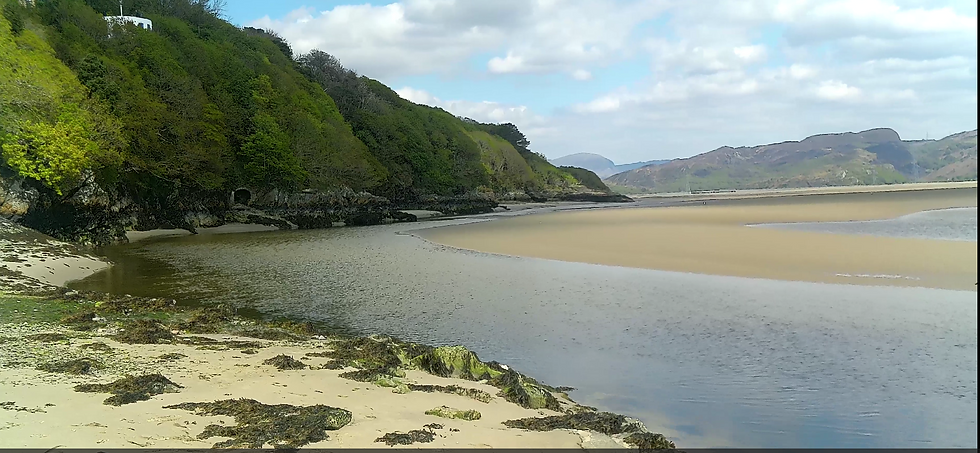MGN 704 Prevention of Oil Pollution: Prohibition on the Use, and Carriage for Use, of Heavy Fuel Oil (HFO) in Arctic Waters
- Anindya Banerjee
- Aug 14, 2025
- 2 min read
Summary of MGN 704: Prevention of Oil Pollution - Heavy Fuel Oil (HFO) Prohibition in Arctic Waters
Purpose: This Marine Guidance Note (MGN) provides guidance on an amendment to Annex I of the International Convention for the Prevention of Pollution from Ships (MARPOL), which prohibit ships from using, or carrying for use by the ship, heavy fuel oil when in Arctic waters.
Key Implementation Dates:
Stage 1: It took effect for certain vessels on 1st July 2024
Stage 2: will apply to all vessels on 1st July 2029
Definition of Heavy Fuel Oil (HFO): HFO is defined in regulation 43.1.2 of Annex I as oils, other than crude oils, having a density at 15°C higher than 900 kg/m³ or a kinematic viscosity at 50°C higher than 180 mm²/s.
Current Exemptions and Waivers (until July 2029):
Ships to which regulation 12A applies and ships that comply with specific fuel tank design requirements
Waivers are also available for ships which fly the flag of an Arctic coastal state for voyages only within that coastal state's waters (the UK is not an Arctic coastal state)
Final Implementation from July 2029: from 1st July 2029, ships to which MARPOL Annex I applies cannot use, or carry for use as fuel by the ship, HFO (as defined in 1.5 above) when in Arctic waters, with the following exceptions: Ships engaged in securing the safety of ships or in search and rescue operations; and · Ships dedicated to oil spill preparedness and response.
UK Implementation: This amendment to Annex I is implemented in the UK by way of amendments to the Merchant Shipping (Prevention of Oil Pollution) Regulations 2019 (SI 2019/42)
Background: Amendments to Annex I of MARPOL have been agreed in the International Maritime Organization (IMO) and are set out in Resolution MEPC.329(76). These amendments extend, in a limited way, an existing prohibition on the carriage of heavy grade oils in Antarctic waters to the Arctic region.

Comments